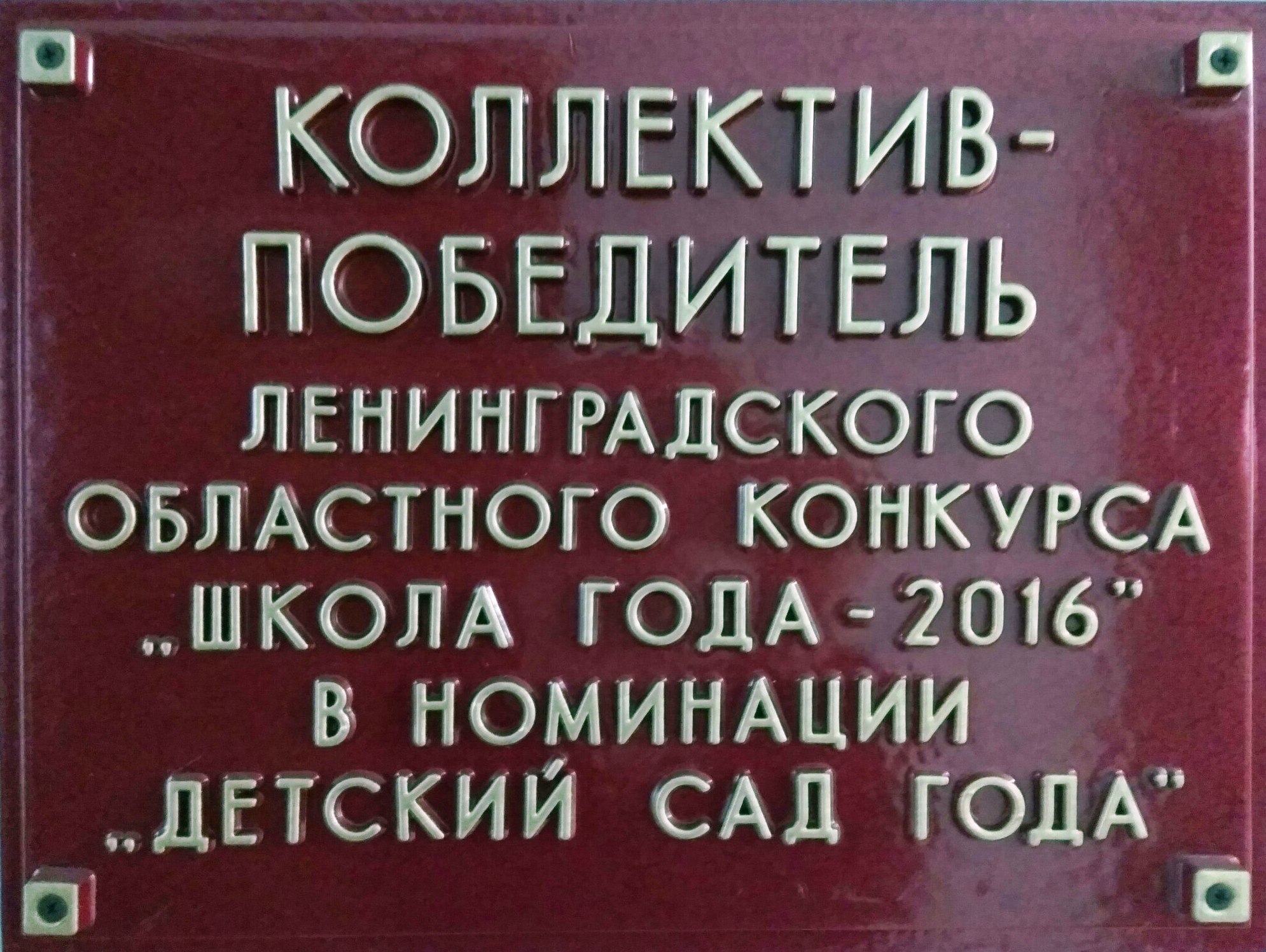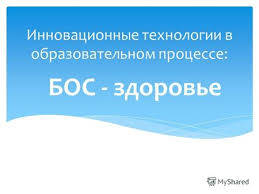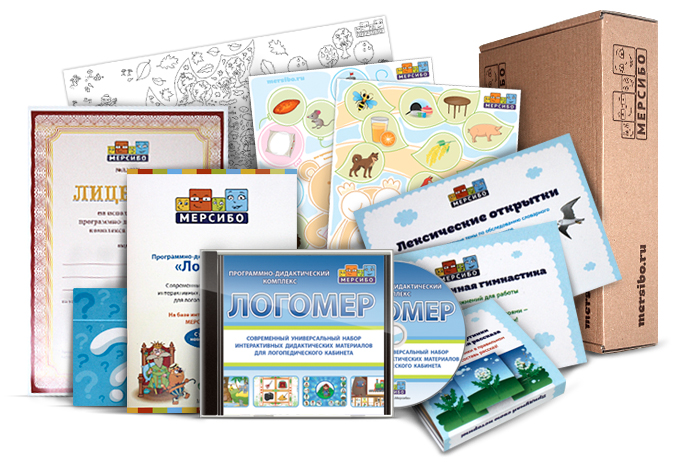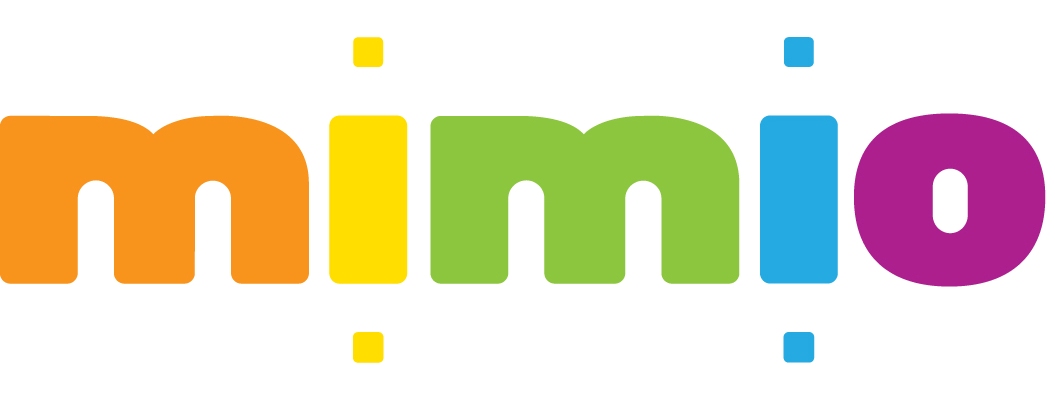Whenever Heather Paye’s automobile had been mid south title loans impounded 2 yrs ago, she ended up beingn’t prepared. Paye, a 22 12 months old pharmacy professional at a Tucson, Ariz., Walgreens, didn’t have the money she had a need to recover it, so that the fees mounted.
She needed money fast and thus she researched fast loans, finding provides with interest and charges that usually shocked her. “For some, i might need to pay nearly twice as much quantity i might be borrowing,” she said Paye got minute that is last from her boyfriend’s household, and several Us citizens in comparable situations also move to household, buddies and temporary work getting within the hump. For a few, however, that’s not an alternative: approximately half of all of the U.S. grownups could cover a $ n’t400 crisis cost without attempting to sell one thing or borrowing cash, in line with the Federal Reserve.
Whenever Americans are quick on money, where do it is got by them? Most utilize charge cards or loans from individuals they understand. About 15 million each year utilize a minumum of one dollar that is small item items including payday advances and pawn loans in line with the nonprofit Chicago based Center for Financial Services Innovation.
The foundation they choose might have big economic implications: customers whom utilize bank and pay day loans and bank cards to get out of money crunches could be stuck with financial obligation that is difficult to escape. Many people whom sign up for payday advances can’t manage to repay all of the cash they owe by their paycheck that is next into the customer Financial Protection Bureau.
Choices are widening. There is a rise in new services for customers quick on money, including on the web just and peer to peer loans. Numerous activists and economic specialists are positive that more choice will work for customers but additionally warn that the financial terms matter many. A 2016 survey by Bain & Co. unearthed that significantly more than over fifty percent of customers would not compare provides whenever getting that loan. For all, “90% of the choice is dependent on what’s convenient what’s going to provide them with cash quickly and who can accept them,” said Leslie Payne, previous mind of social effect for online loan provider LendUp. “They desire to spend their bill and stay completed with it.”
MarketWatch asked specialists to spell out the good qualities and cons of a number of the economic tools consumers commonly use when they’re in a economic bind.
Based on a 2015 Fed study, 38% of these whom said they might be brief $400 stated the expense would be put by them on credit cards and pay it back as time passes. Some 61% of U.S. grownups have actually a minumum of one charge card, based on the nyc Fed. For many who don’t or who don’t have a lot of, or bad, credit score securing interest that is low could be hard. And consumers with greater incomes and credit ratings are more inclined to have charge cards compared to those in lower monetary circumstances.
The CFPB claims businesses that improve cards for subprime borrowers actively market to customers with reduced amounts of training. Those customers often don’t completely understand the way the credit market works, based on the CFPB, and therefore express more prospective revenue for loan providers.
Some cards that market themselves nearly as good choices for people with dismal credit have actually interest levels above 35% along with yearly and fees that are monthly. Economically “underserved” grownups spent about $7.4 billion on subprime bank card interest and charges in 2015, based on the CFSI.
Individual finance specialists recommend looking for no cost bank cards with low interest and with them like debit cards, having to pay the balance every month. “If you’ve got a single time crisis cost, that is very different from an overspending practice,” said Rachel Podnos, legal counsel and economic planner situated in Washington, D.C. If you can’t, placing a $400 crisis cost on credit cards might have term that is long. (plus some expenses, such as for example lease or fees, generally can’t be placed on cards without added costs.)









